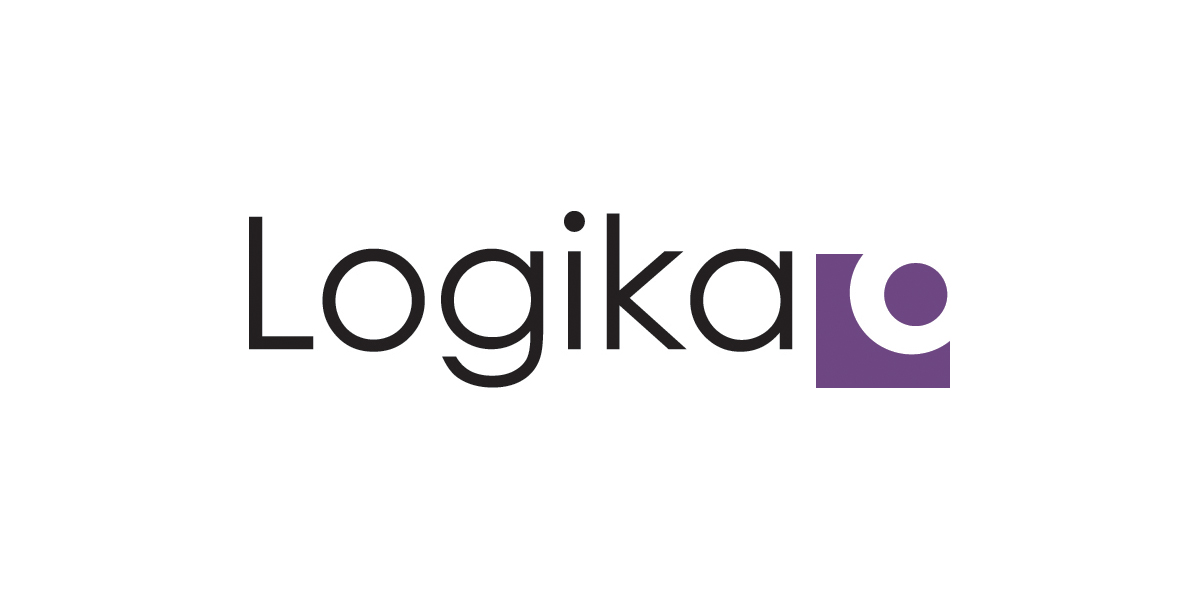I’ll agree that there is still a need for employees of many different kinds, and I’ll stick to my position that what it means to be an employee has changed A LOT.
Without getting into the discussion (argument) over what constitutes a “real” entrepreneur, here is some of how I see the world. The model of career (work for 1 or 2 companies over the course of course of a 30+ year career) is largely over, but it established some persistent norms including:

We will take care of you by providing the training you need, a career path and a corporate ladder for you to climb
- We will define success for you. The skills you need to be successful are defined in your job description. If you are excellent in some of these skills, but only good (or, heaven forbid
deficient ) in others your chances for advancement are diminished
- Follow the rules – “we pay you to work, not to think”. Frederic Taylor’s “scientific management” separated the roles defining, managing, and doing the work
I know that many define “entrepreneur” as someone who starts a business. I think that WAS a good definition, but perhaps we need a broader definition – or perhaps a new word. In the place of the “employee thinking” that permeates the workforce and is reinforced by the educational system, career success today may be better served by these “replacement” norms:
- Self-management of career path and success

- Always seeking to work at highest and best purpose by working to strengths and interests and offloading work that does not fit personal competencies to others
- Looking for ways to use existing and emerging capabilities in new and novel ways to increase value – not just simply follow the rules
I’d call this “the new entrepreneurialism” but I don’t think I’m alone in hoping more employees approached their jobs this way.
